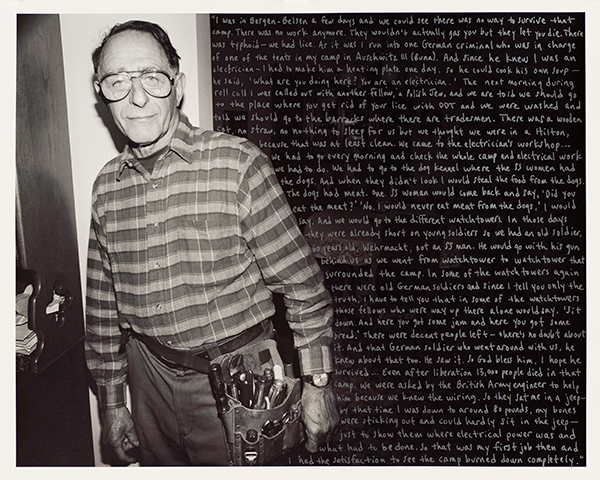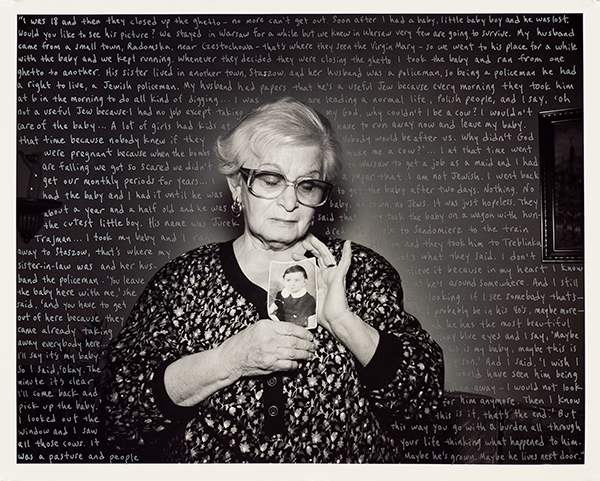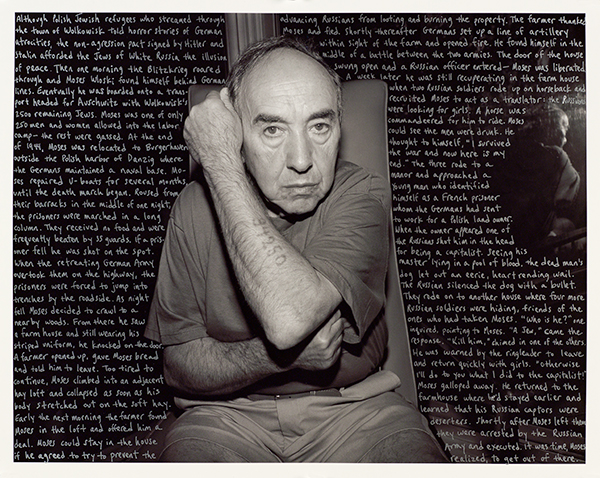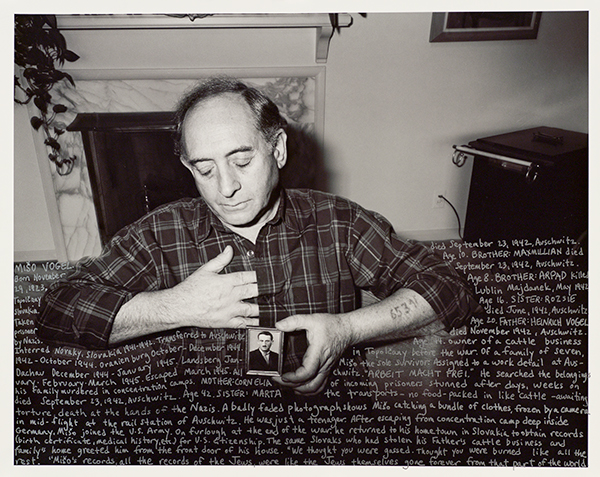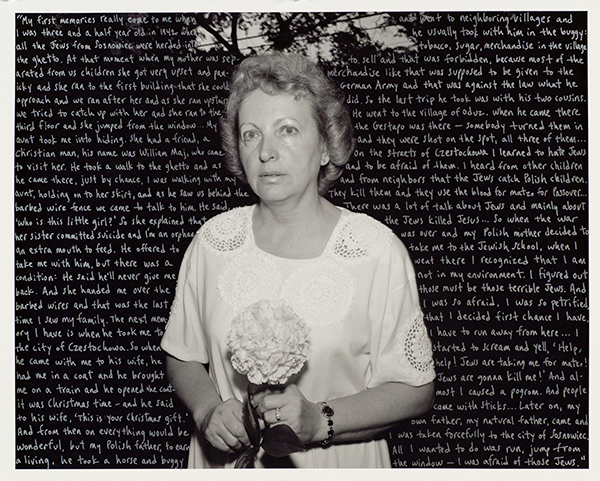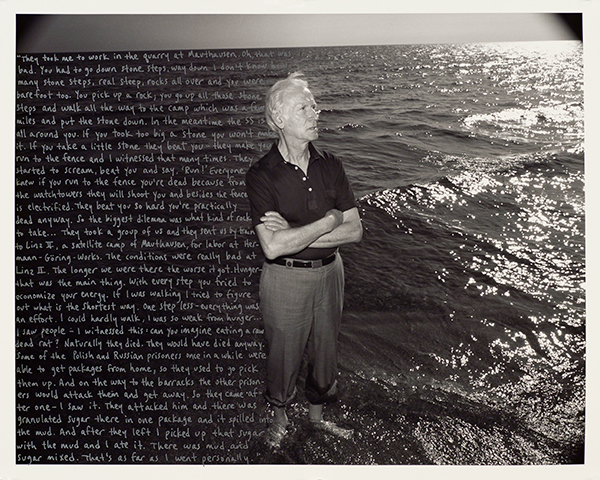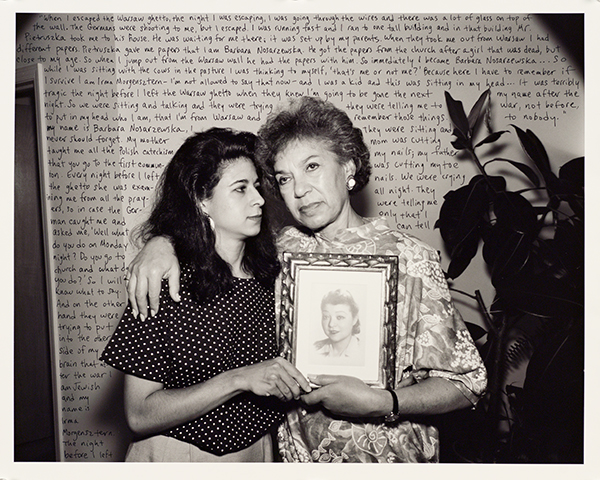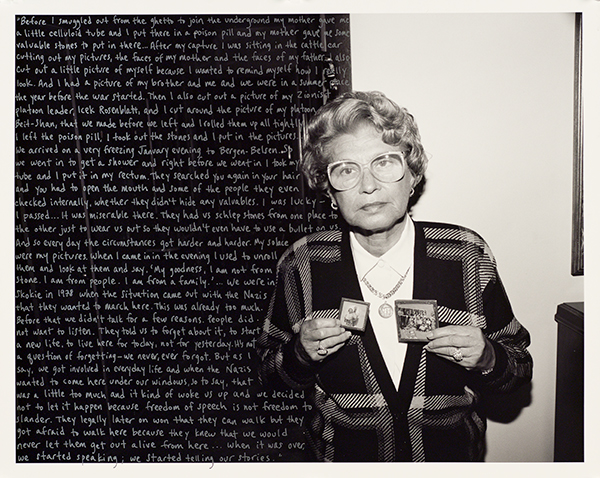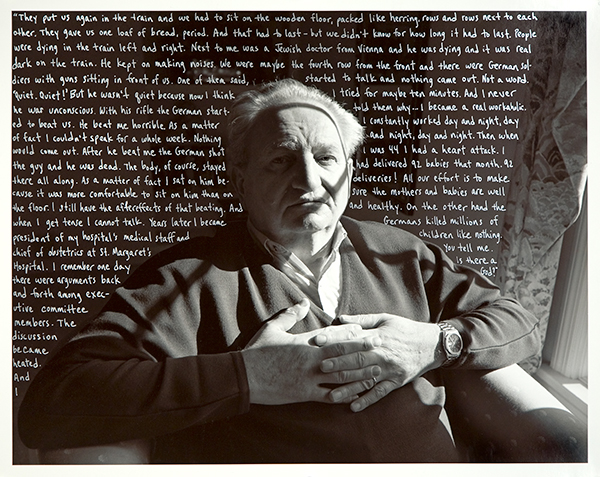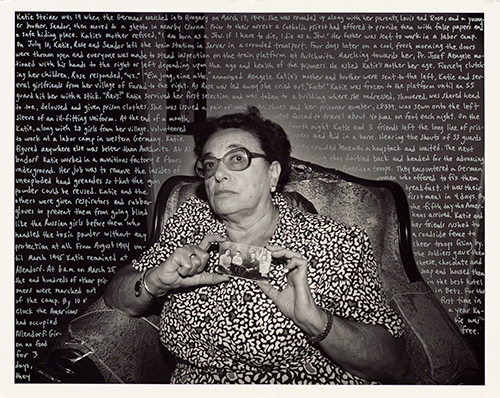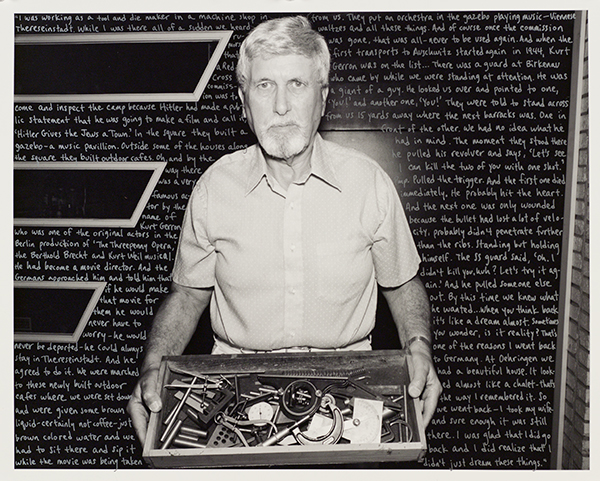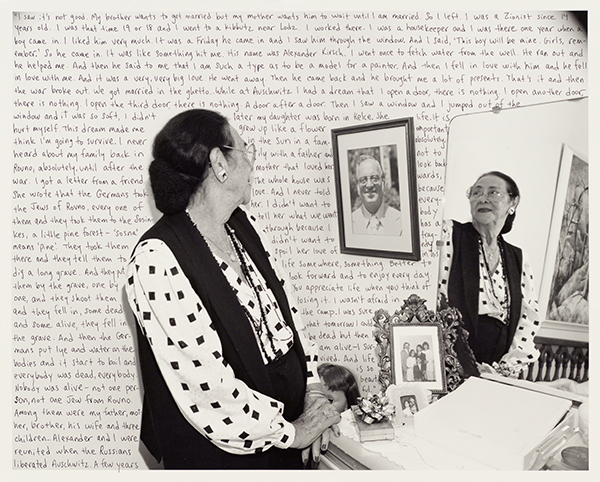Kato Steiner
Katie Steiner was 19 years old when the Germans marched into Hungary on March 17, 1944. She was rounded up along with her parents, Louis and Rose, and a younger brother, Sandor, then moved to a ghetto in nearby Csorna. Prior to their arrest by the Nazis, a Catholic priest had offered to provide them with false papers and a safe hiding place. Katie’s mother refused, “I am born as a Jew. If I have to die, I die as a Jew.” Her father was sent to work in a labor camp.
On July 10 Katie, her mother and brother left the train station in Sarvar in a crowded transport. Four days later on a cool, fresh morning the doors were thrown open and everyone was forced out of the wagons and made to stand inspection on the train platform at Auschwitz. Dr. Josef Mengele motioned with his hands to the right or left depending upon the age and health of the prisoners. He asked Katie’s mother her age. Fiercely clutching her children Rose responded “42.” Mengele announced: “Ein jung, eine alte.” Katie’s mother and brother were sent to the left, Katie and several girlfriends from her village of Farad, to the right. As Rose was led away she cried out, “Kato”. Katie was frozen on the platform until an SS man hit her with a stick, “Raus.”
Katie and the others who had been sent to the right were taken to a building where they undressed, showered, were shaved head to toe, deloused and given prison clothes. She was issued a pair of wooden shoes and her prison number, 28339, was sewn onto the left sleeve of an ill-fitting uniform.
At the end of the first month, Katie, along with 20 girls from her village, volunteered to work at a camp in Allendorf in western Germany. Katie figured anywhere else was better than Auschwitz.
At Allendorf Katie worked in a munitions factory 8 floors underground. Her job was to remove the insides of unexploded hand grenades so that the gun powder could be reused. Katie and the others were given respirators and rubber gloves to prevent them from going blind like the Russian girls before them who handled the toxic powder without any protection.
From August 1944 until March 1945 Katie remained at Allendorf. At 6 a.m. on March 25 she and seven or eight hundred prisoners were marched out of the camp. By 10 o’clock the Americans had occupied Allendorf. Given no food for 3 days, they were forced to travel about 40 kms. on foot under cover of darkness. On the fourth night Katie and 3 friends left the long line of prisoners and hid in a barn. Hearing the shouts of SS guards they crawled beneath a haystack and waited.
The next day they doubled back and headed for the advancing American troops. They encountered a German woman who offered to fix them some breakfast; it was their first meal in 4 days. By the fifth day the Americans arrived and Katie and her friends rushed up to a fence by the road to cheer troops filing past. The soldiers gave them cheese, chocolate, and soap and housed them in the best hotel in Betz. For the first time in nearly a year Katie was free.

